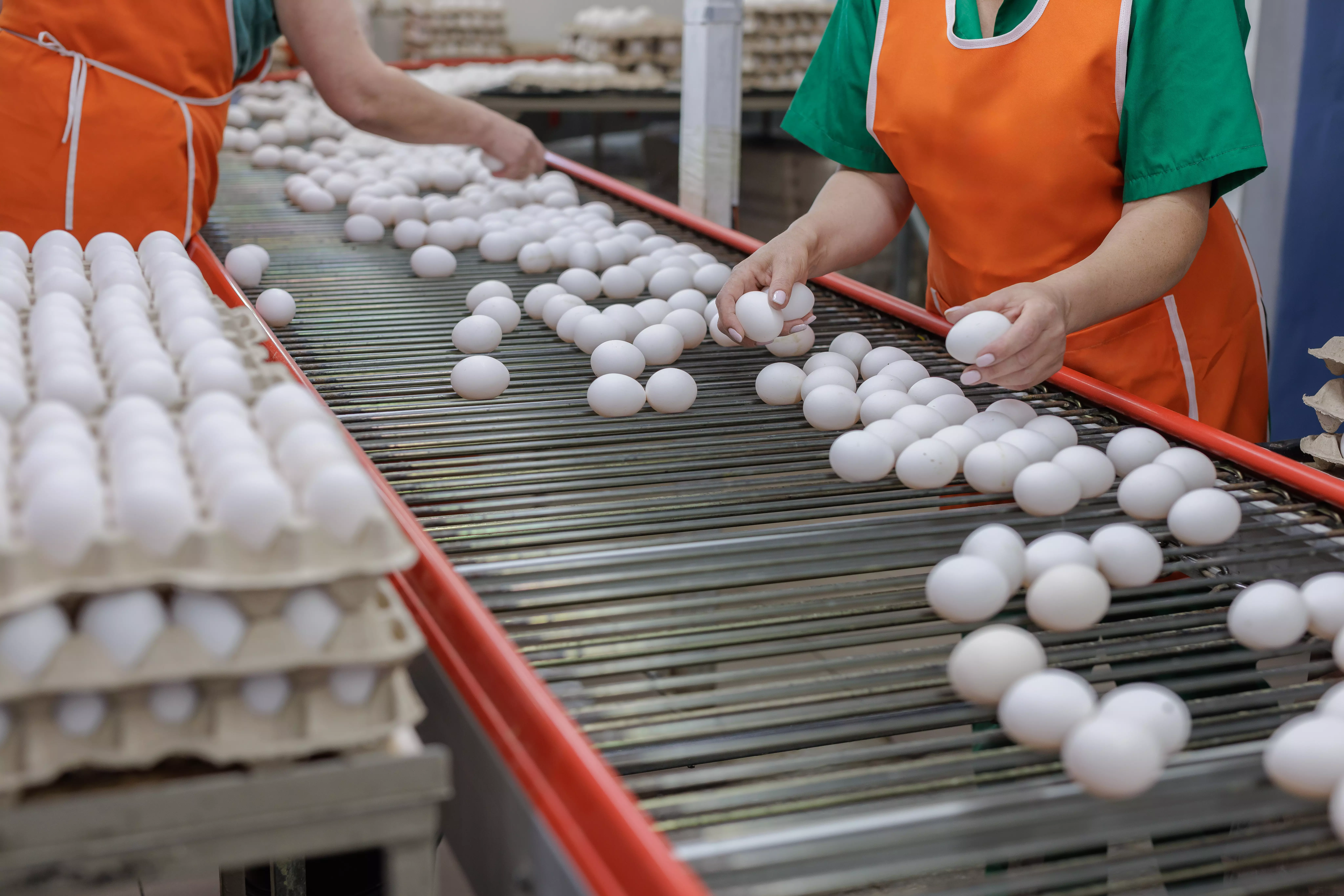Bird flu and the impact on egg production
Title: Avian influenza and the impact on egg production
Introduction
Bird flu is a disease that affects poultry and can have serious consequences for farmers. One aspect that is particularly affected by avian influenza is egg production. In this article, we will discuss how the disease affects egg production and the implications for the poultry industry.
Types of bird flu
Avian influenza comes in many different varieties, known as influenza A viruses. Among the most common varieties of bird flu are: H5N1, H7N9 and H9N2. Each of these varieties has its own unique characteristics and can lead to different consequences for poultry farmers.
The H5N1 variety is one of the most dangerous, as it can transmit to humans. It causes serious illness in birds and can lead to death. The H7N9 and H9N2 varieties are also dangerous, although they are less common in humans.
Impact on egg production
Avian influenza can adversely affect egg production in infected birds. The disease leads to a weakened body and a decrease in egg production. Farmers may notice a reduction in the number of eggs laid by infected birds, as well as a reduction in egg quality, such as a change in shell color, subtraction or other defects.
Following the detection of avian influenza in poultry flocks, farmers are required to take countermeasures to prevent the spread of the disease. One of these measures is the culling of infected birds, which leads to a drastic reduction in the population and a consequent drop in egg production.
In addition, quarantine and other safety measures used by farmers, such as limiting contact with outside birds, affect the stress and health of the birds, which can also affect egg production.
Implications for the poultry industry
Avian influenza has major implications for the poultry industry. If the disease is detected in poultry flocks, farmers must quarantine and take other precautions, which can lead to a halt in production and loss of income.
In addition, if avian influenza spreads to large areas, it can result in a ban on the import or export of poultry meat and eggs. This causes large financial losses for the industry and could lead to higher prices for these products on the market.
The poultry industry is also facing a loss of confidence from consumers. Bird flu has been linked to the risk of infection in humans, which can affect purchasing decisions. It is therefore necessary to take countermeasures and reassure consumers that poultry products are safe to eat.
Summary
Avian influenza has a serious impact on egg production and the poultry industry as a whole. Poultry farm owners need to be aware of the risks associated with the disease and take appropriate precautions to protect their birds and ensure the safety of poultry products. Adherence to animal health guidelines and close monitoring of flock status are key to avoiding the spread of the disease and minimizing the impact on egg production and the poultry industry as a whole.